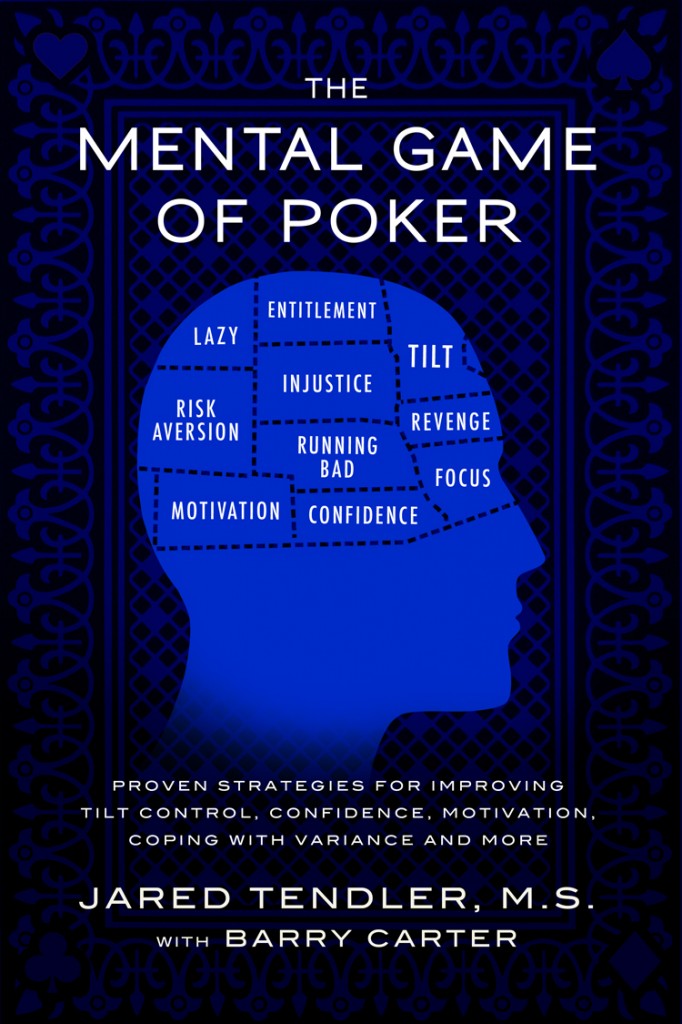
Some tips on how to use and what to expect from this book.
- This book covers four essential areas of the mental game: tilt, fear, motivation, and confidence. There are other important aspects such as concentration, discipline, decision-making, and playing at the highest level. However, by first improving the mentioned areas, you will also enhance other aspects of the game. The reverse approach would not work.
- There is a general connection between different important aspects of the game. For example, motivation can be influenced by tilt; confidence can be affected by fear; tilt can be caused by confidence issues, etc. Remember, you are fish in psychology, so don't make bad assumptions about the causes of your problems. Start with what you know and use this book to identify the real issues.
- You may realize that you need to work a lot on your poker psychology. However, you can't tackle everything at once, and it's very important to set priorities. There are many ways to determine where to start first. Here are some of them:
- First, tackle small problems because they are the easiest to solve.
- Address the problems that cost the most.
- Address the problems that occur most frequently.
- Address the problems that cause the greatest emotional turmoil.
- This is a “choose your own adventure” style book. This means that after you read chapters 2, 3, and 4, you can read and delve into only those chapters that are most relevant to you. Note that chapters may be very relevant even if they don't seem so. Don't skip such chapters too quickly.
- Don't expect to understand everything the first time you read this book from start to finish. The improvement process is more like chopping a tree with an axe rather than cutting it with a chainsaw. Gradually and systematically improving in different areas of the mental game, always keep this book handy. Mastery in any game is a moving target, so there will always be something to improve on a psychological level.
- The book contains many questions for you. Take the time to reflect on them and answer them as if they were asked directly. This way, all the information you read will become more tailored to you personally. Additionally, you will avoid the mistaken belief that you have all the problems described in the book. Ideally, you should write down those answers.
- In a rush to quickly grasp the psychology of the game, it's very easy to overload yourself with too much information. Just like playing poker, having too much information can be more of a hindrance than a help. Consistent reading of the book or individual chapters may make you think it will take a long time to fix your problems, but in reality, it's the fastest way in the long run.
- Do what is effective. People are different, so it's hard to know exactly what you need the most. Start with the strategies presented in each chapter. Later, create your own strategy by adapting what works best for you.
- Don't blindly believe everything written in the book. Even if something seems to fit you, still take the time to think about how different things can be applied specifically to you. This will help you absorb the information faster and personalize different strategies.
- After applying different techniques and tactics in poker, you can think about how all this can be used in other areas of life: sports, business, investing, dating, relationships. By using the learned information in life, you will simultaneously improve your mental game in poker. This is especially true when you encounter the same problem both in poker and in life in general.
The series of articles is prepared based on Jared Tendler's poker psychology book: “Mental game of poker”. Those who want to purchase the original, which is in English, can do so at amazon.com
Where is the best place to play poker?





